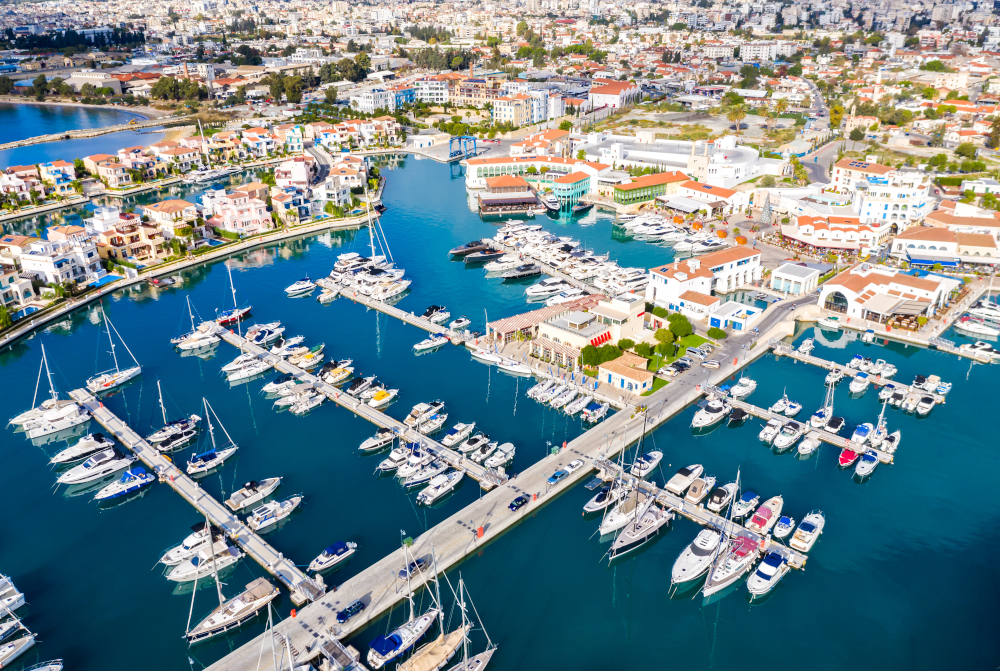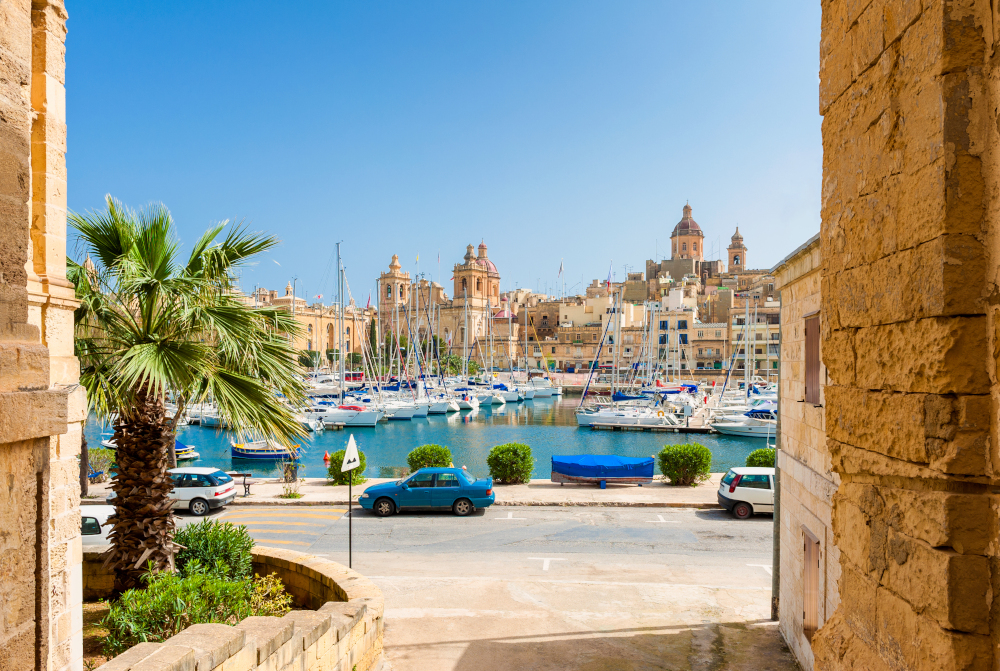Background to the “60 Day” Tax Residency Rule
In July 2017, the Cyprus Parliament voted for an amendment to the then criteria used to determine Cyprus tax residency. In addition to the 183 day rule, a second test was introduced in relation to an individual’s tax position in Cyprus: the 60 Day Tax Residency Rule.
- The “183 day rule” applies to individuals who have physically resided in Cyprus for more than 183 days during one calendar year.
- In addition to this, a second test was implemented whereby an individual can become Cyprus tax resident in 60 days. This rule is applicable to individuals who do not spend more than 183 days in Cyprus or in any other jurisdiction.
Since the implementation of the 60 day tax rule, a number of individuals have relocated to Cyprus to take advantage of the various tax benefits that are available.
Criteria to be Met for an Individual to Meet the “60 Day” Residency Rule
The “60 day rule” applies to individuals who in the relevant tax year:
- reside in Cyprus for at least 60 days;
- operate/run a business in Cyprus and/or are employed in Cyprus and/or are a director of a company which is tax resident in Cyprus. Individuals must also have a residential property in Cyprus which they own or rent;
- are not tax resident in any other country;
- do not reside in any other single country for a period exceeding 183 days in aggregate.
Overview – Cyprus
Cyprus has positioned itself well, as a country of choice for both individuals and corporations, through the availability of various tax incentives and benefits. The numerous tax incentives offered has seen a steady flow of EU and non-EU nationals establishing their business operations in Cyprus. In addition, individuals find Cyprus a tax efficient location to structure their personal tax positions, by taking advantage of flexible tax resident rules and the non-domicile tax regime.
As an EU member state, Cyprus offers a pleasant climate, adequate infrastructure, and a convenient geographical location. There are two main airports which provide frequent flights to most European cities, as well as several international destinations.
Days Spent In and Out of Cyprus
For the purpose of the rule, days “in” and “out” of Cyprus are defined as:
- the day of departure from Cyprus counts as a day out of Cyprus;
- the day of arrival in Cyprus counts as a day in Cyprus;
- arrival in Cyprus and departure on the same day counts as a day in Cyprus;
- departure from Cyprus followed by a return on the same day counts as a day out of Cyprus.
What are the Advantages of Being a Cyprus Tax Resident?
Non-Domicile Status
The non-domicile tax regime is particularly interesting for individuals whose main source of income is either dividend or interest income, as these sources of income will not be taxable in Cyprus. In addition, individuals can take advantage of the exemption from taxation of capital gains (other than on the sale of immoveable property in Cyprus).
Employment Income Exemption
On 26 July 2022, the long-anticipated enhancement of this tax incentive for individuals took place.
- The new provisions allow for a 50% exemption from taxation, for income in relation to first time employment in Cyprus, for individuals with annual remuneration over 55,000. The previous remuneration threshold had been €100,000.
This exemption is available for a period of 17 years.
Exemptions on Income from Employment Outside Cyprus
Individuals who are employed outside of Cyprus for more than 90 days aggregate in a tax year, by a non-Cyprus tax resident employer or foreign permanent establishment of a Cyprus tax resident employer, are exempt from income tax on this income.
Additional Information
For additional information about the attractive 60 Day Tax Residency Rule for individuals moving to Cyprus, please contact advice.cyprus@dixcart.com.












